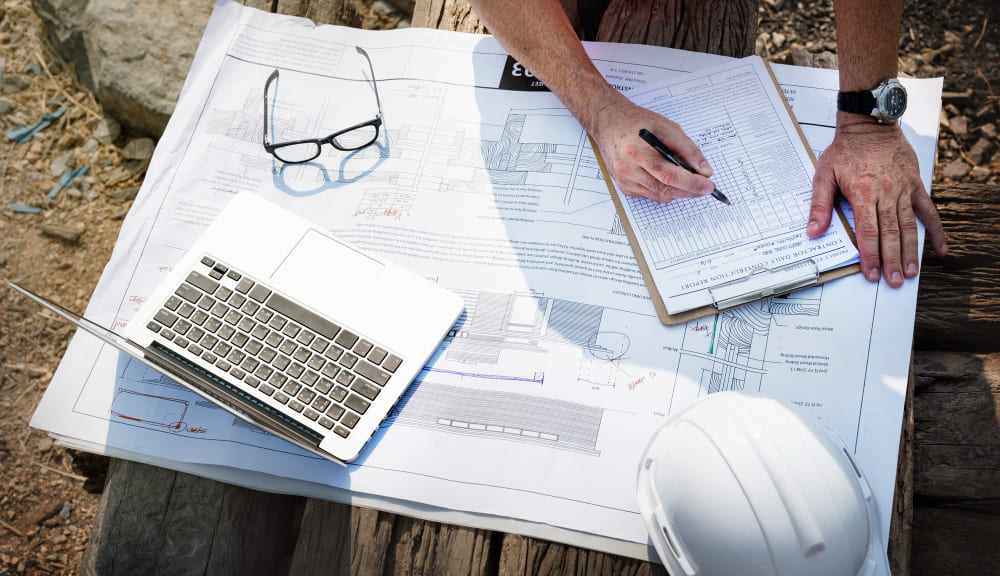Permits and Regulations in Leesburg: What You Need to Know
Whether you’re planning to build a new home, renovate an existing structure, or open a business in Leesburg, Virginia, understanding the local permits and regulations is essential. The Town of Leesburg has specific zoning laws, building codes, and permit requirements designed to ensure safe, sustainable, and orderly development. Failing to comply can result in costly delays, fines, or even project shutdowns. Here’s a guide to what you need to know before starting your next project in Leesburg.
1. Understanding Zoning in Leesburg
Before applying for any permits, it’s crucial to know how your property is zoned. Leesburg’s zoning ordinance determines what types of uses are permitted on a given parcel of land, including residential, commercial, industrial, and mixed-use designations.
You can check the zoning designation of a property through the Town of Leesburg’s GIS (Geographic Information System) or by contacting the Department of Planning & Zoning. Make sure your project aligns with the permitted uses, density, and building height allowed in that zoning district.
2. Types of Permits Required
Depending on the nature of your project, you may need one or more of the following permits in Leesburg:
- Building Permit: Required for new construction, additions, major renovations, structural changes, and sometimes interior remodels.
- Zoning Permit: Ensures your project complies with the zoning code. This is usually required before a building permit can be issued.
- Sign Permit: If you’re installing or altering signage on a business or property.
- Trade Permits: Separate permits may be needed for electrical, plumbing, HVAC, and gas work.
- Right-of-Way (ROW) Permit: Needed if your project involves work in the public right-of-way, like sidewalk or street modifications.
3. The Permit Application Process
Leesburg’s permit process generally starts with submitting an application through the Department of Plan Review and Building Permits. Most applications can be submitted online via the Town’s permitting portal. You’ll need to provide construction plans, site plans, and any other required documentation depending on the project type.
The review process typically involves coordination among multiple departments, including planning, zoning, engineering, and building safety. For more complex projects, pre-submittal meetings are recommended to ensure compliance from the outset.
4. Historical and Architectural Review
If your property is located in Leesburg’s Historic District, additional review by the Board of Architectural Review (BAR) is required. This review ensures that exterior changes, new construction, or demolitions within the district maintain the town’s historical character.
Projects in the Historic District often require more detailed documentation and may have stricter guidelines regarding materials, design, and building features.
5. Inspection Requirements
Once permits are issued and work begins, various inspections must be scheduled throughout the project timeline. These include inspections for foundation, framing, electrical, plumbing, and final occupancy. Work must pass inspection at each stage before moving on to the next.
Failing to schedule inspections or not passing them can halt your project and potentially lead to rework or penalties.
6. Timelines and Fees
The time it takes to receive permit approval in Leesburg can vary based on project complexity and departmental workloads. Simple permits may be approved in a few days, while larger projects may take several weeks. Always build in extra time for reviews, revisions, and inspections.
Permit fees are based on the scope of work and construction value. The Town of Leesburg provides a fee schedule online to help you estimate costs before submission.
7. Common Mistakes to Avoid
Many project delays in Leesburg result from incomplete applications, unpermitted work, or failure to follow zoning regulations. To avoid costly mistakes:
- Start with a zoning verification.
- Double-check submission requirements.
- Hire licensed contractors familiar with local codes.
- Schedule inspections on time.
Final Thoughts
Understanding Leesburg’s permits and regulations is key to a smooth building or development process. Whether you're a homeowner, business owner, or developer, doing your homework upfront can save you time, money, and stress. Always consult with the Town’s Planning & Zoning Department or a local permit consultant to make sure your project is fully compliant from the beginning.


